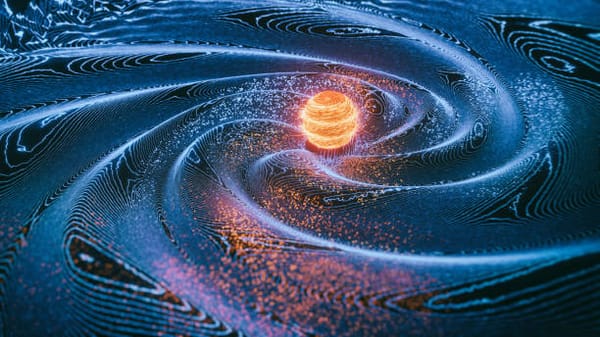Exploring the Enigma 8: Theories About Afterlife
In this belief, souls don't disappear but are reborn into different bodies, giving them the chance to experience life again and again.

Introduction
For centuries, people have wondered: What happens after we die? This question has led to lots of different ideas and beliefs. Some think we go to a peaceful place called Limbo, while others fear the idea of nothingness – just an end to everything. Then there's the concept of reincarnation, where we come back as something else. Many religions talk about heaven and hell, where our actions in life determine our fate. Some even believe we existed before we were born and returned to that state afterward. Another theory suggests we might see glimpses of the future or experience eternal life in a dreamlike state. And there's the thought that death is like a deep sleep, where our minds keep going. These theories have fascinated people throughout history, each offering its own perspective on life after death.
Life and death are like two sides of a coin, always intertwined. Even with all the progress in medicine and technology, death remains an inevitable part of life. Sadly, in the 21st century, many people are dying earlier than expected. Diseases like heart problems, cancer, and mental health issues are taking lives prematurely. Factors like poverty, inequality, and unhealthy lifestyles contribute to this trend, making death a harsh reality for many.
Here are the 8 Theories About Afterlife:
Limbo
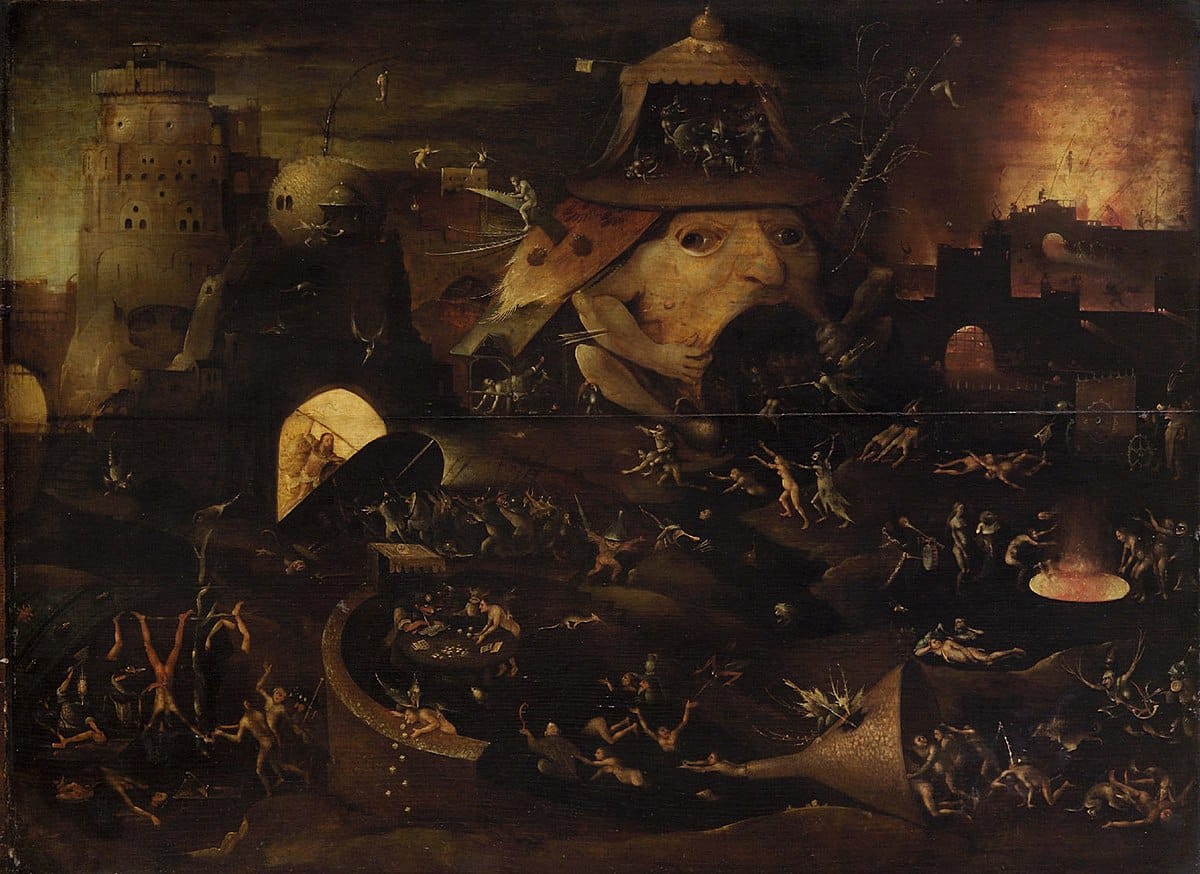
Limbo is like a peaceful waiting room where souls hang out before moving forward spiritually. It's described as a serene space with no pain or arguments, just calmness. People who find comfort in this idea believe that after we die, we might enter Limbo for a while, enjoying a peaceful break before continuing on our spiritual journey. It's a concept that offers hope and reassurance to those who envision a gentle transition beyond our life on Earth.
Reincarnation
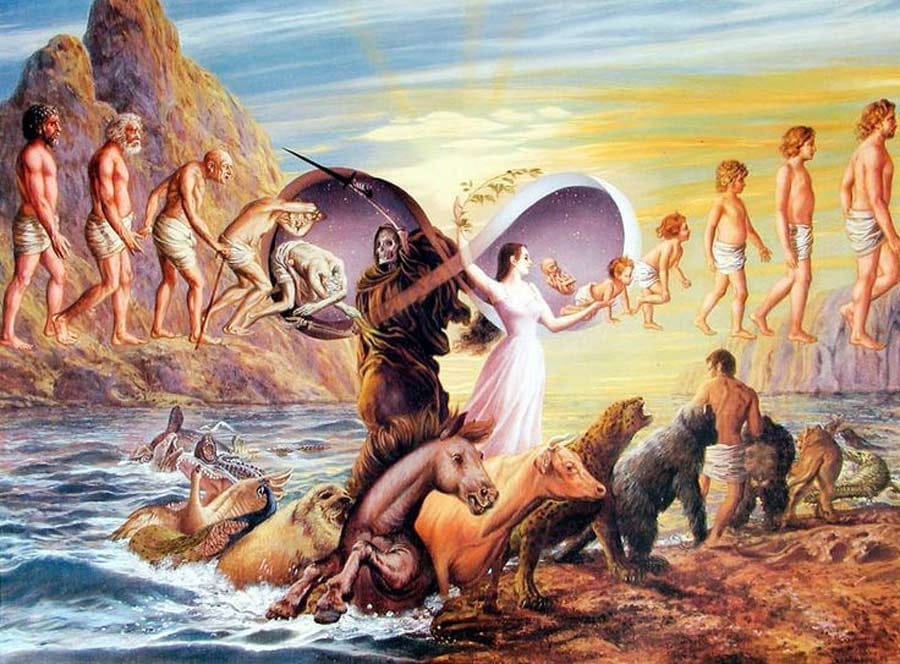
Reincarnation suggests that when we die, it's not the end, but rather the start of a new chapter. In this belief, souls don't disappear but are reborn into different bodies, giving them the chance to experience life again and again. It's like a never-ending cycle of renewal, where we can learn and grow through each lifetime. This idea offers a comforting sense of continuity, knowing that our journey continues beyond one lifetime, providing opportunities for personal development and exploration.
Nothingness
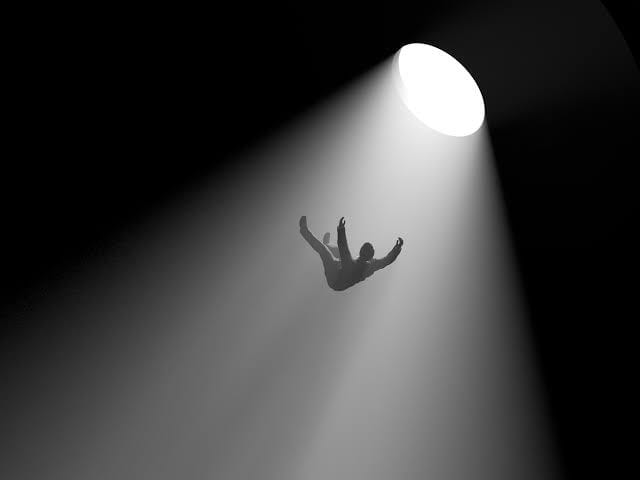
This theory suggests that after we die, there's just nothingness. It's like falling into a deep sleep forever, with no dreams or thoughts. They believe that when the chemical reactions in our brains stop, so does our consciousness. This idea can be tough to think about because it means there's no afterlife or anything beyond this life. It makes us ponder how fragile life is and how death is the ultimate end, leaving us with a deep sense of finality.
Heaven and Hell
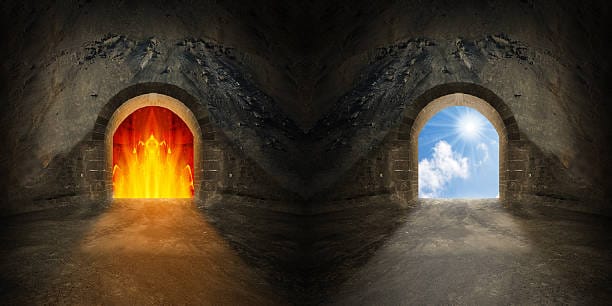
In many religions, there's the idea of Heaven and Hell, where what we do in life determines where we end up after we die. If we've been good, we might go to Heaven and enjoy eternal happiness. But if we've done bad things, we could end up in Hell, facing never-ending punishment. This belief reminds us that our actions have consequences and that being kind and virtuous can lead to heavenly rewards, while being wicked can result in suffering. It's a way for religions to emphasize the importance of being ethical and living a righteous life.
Life Before Birth
There's an idea that life after death is a bit like life before we were born. Some people think that our souls existed before we were born and will exist after we die. It's like we're on a journey, moving through different stages of existence from birth to death and beyond. In this belief, memories of our past lives might stick with us, giving us glimpses into a vast and endless journey. It's a comforting thought for those who believe in the continuity of the soul across different lifetimes, offering a sense of connection to something greater than ourselves.
Eternal Life
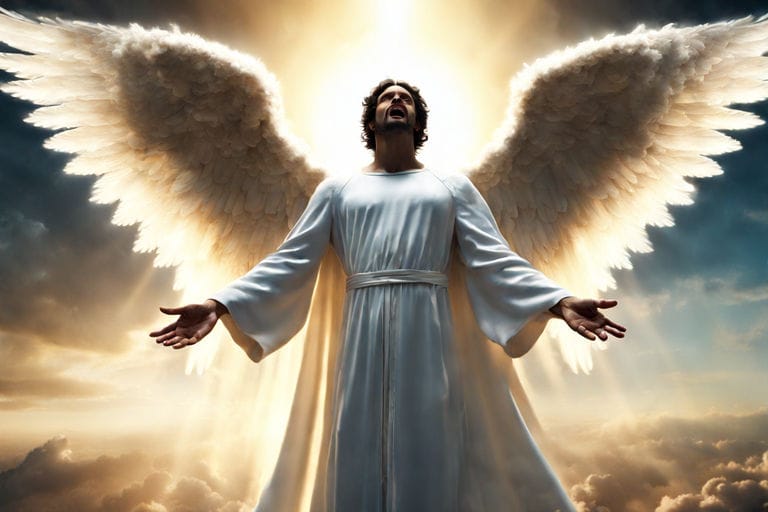
For some people, the thought of living forever brings comfort, especially when facing the reality of death. They imagine that after we die, instead of an end, it's more like a transition to a dreamy kind of life. In this idea, our loved ones stay with us, and we can make new connections too. Even though it's not exactly what traditional religions teach, the idea of eternal life feels right to those who wish for something more than just the limits of time. It's like a soothing thought that helps them cope with the idea of mortality.
Apophenia
Apophenia is a theory that says after we die, our souls might still be able to see what's happening on Earth. Some believe that we could even get glimpses of the future or see random things. This idea hints at a mysterious connection between those who have passed away and those who are still living. It makes us wonder about consciousness beyond our physical bodies and invites speculation about what might happen to us after we die.
Deep Sleep
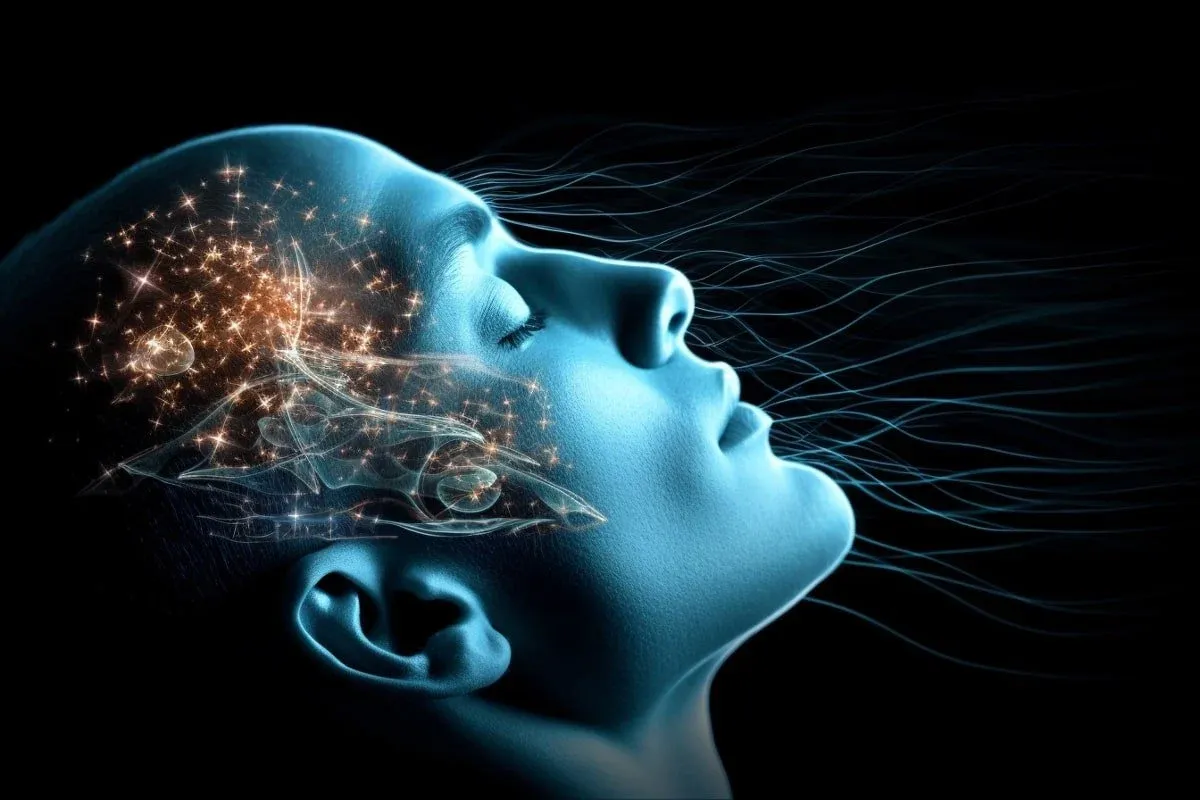
The Deep Sleep theory compares death to going to sleep at night, where our consciousness takes a break. Just like when we dream during sleep, some think that after we die, we might experience different realities. It's like our mind wanders through time, mixing up the past, present, and future. This idea makes some people feel better because it suggests that death is just a temporary break in the journey of our minds. It's like saying that even though we might not be awake, our consciousness keeps on moving.
Conclusion
The mysteries surrounding life after death continue to intrigue and inspire, offering fertile ground for contemplation and speculation. Whether one embraces the promise of heaven, the prospect of reincarnation, or the tranquility of nothingness, the quest for understanding transcends cultural boundaries and religious doctrines. Ultimately, the nature of existence after death remains an enigma, inviting us to ponder the unfathomable and explore the vast realms of possibility beyond the veil of mortality.




